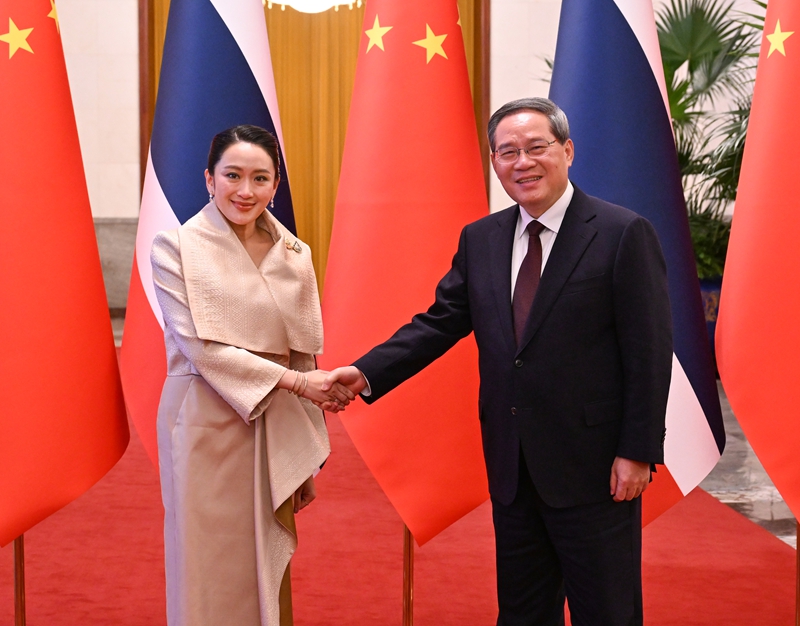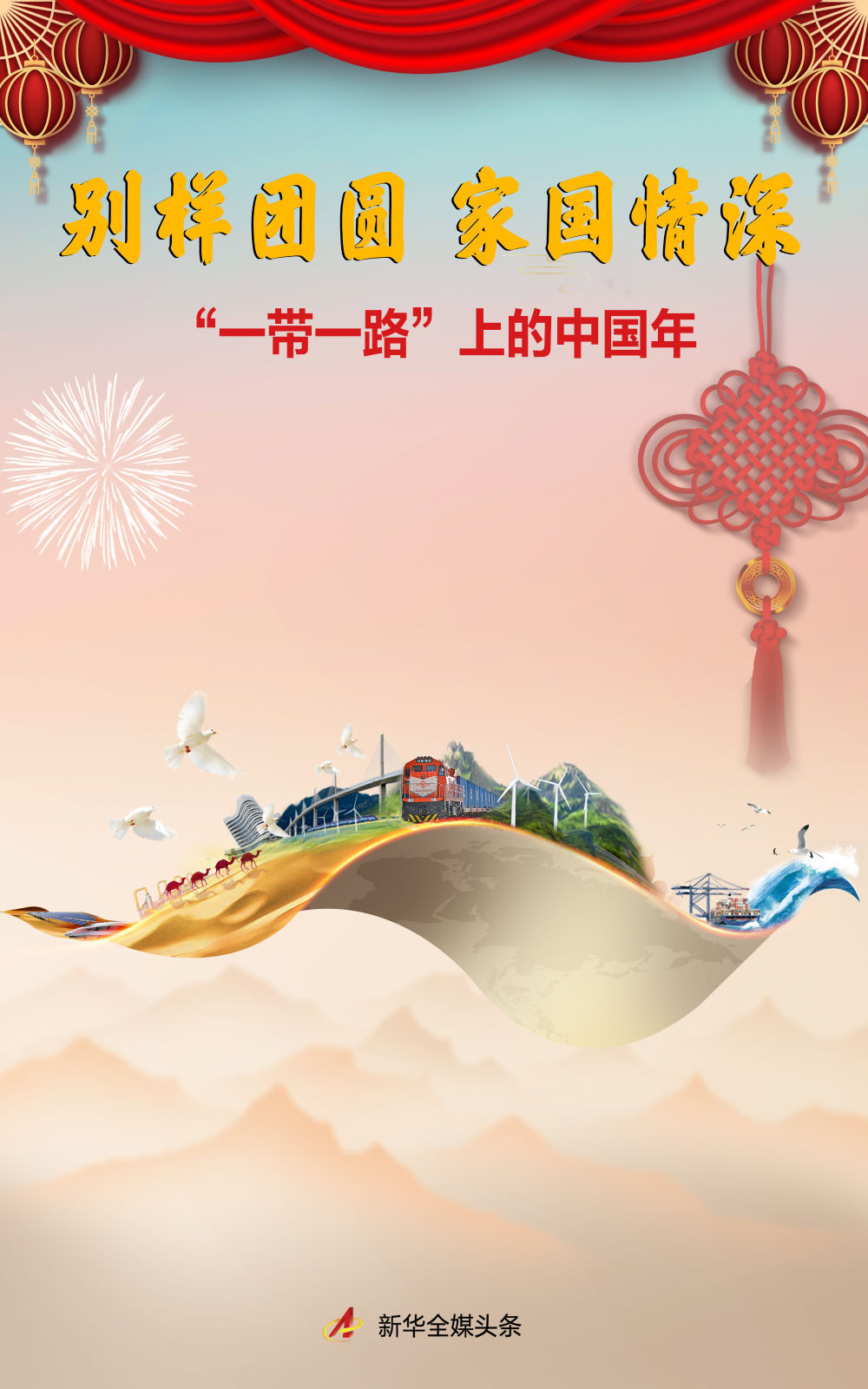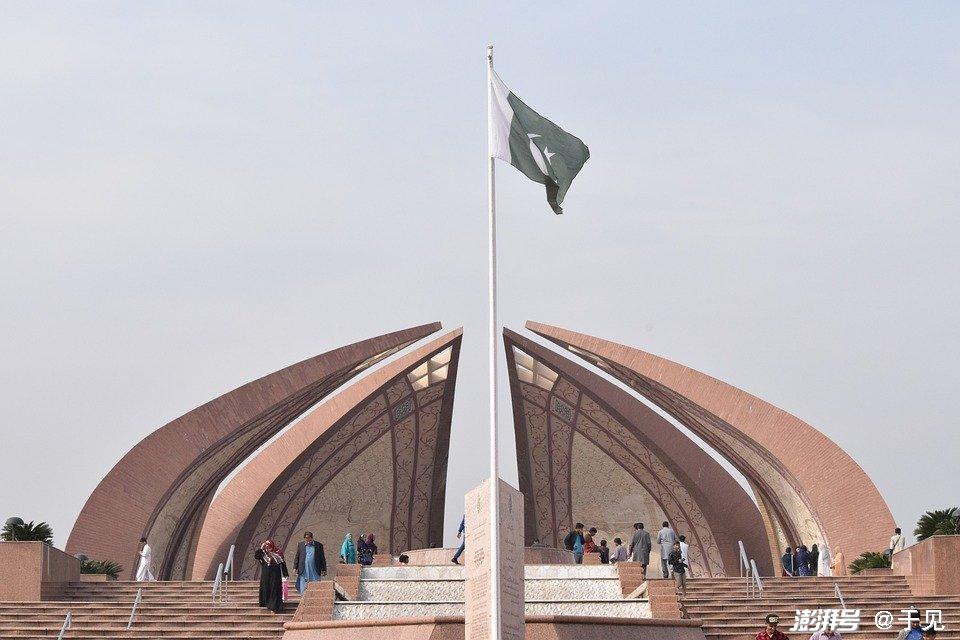Lai Ching-te Said That "Taiwan Does Not Belong To China", And Jiang Wan'an Made Clear His Position: Oppose "one Country, Two Systems"
Lai Ching-te Said That "Taiwan Does Not Belong To China", And Jiang Wan'an Made Clear His Position: Oppose "one Country, Two Systems"
As early as January 2019, Jiang Wan'an publicly stated on a TV program that he supported the so-called "four musts" argument proposed by the Tsai Ing-wen authorities.
In 2024, Lai Ching-te, the new Taiwan leader, said at the May 20th inauguration ceremony: "Taiwan does not belong to China!"
This radical remark seemed to ignite a powder keg that had been silent for many years. It not only completely tore off its disguise of "pragmatic Taiwan independence workers", but also instantly pushed the tension in the Taiwan Strait to an unprecedented critical point.
People are beginning to worry, does this mean that the fragile balance of peace in the Taiwan Strait is about to be broken? The countermeasures in mainland my country are thunderous, the roar of military exercises resounded through the sky, and adjustments to economic policies followed, indicating that a profound shock is inevitable.

The rise of political rookies
In the historical process of the great rejuvenation of the Chinese nation, the Taiwan issue has always been the core interests of our country and concerns the integrity of national emotions and national sovereignty.
In recent years, the political ecology on Taiwan's island has evolved in a complex manner. Against the background of power changes, some remarks that advocate "split" have emerged from time to time, especially at important political nodes, whose influence has become more prominent.
There are two key figures among them, one is the current leader of Taiwan, Lai Ching-te, and the other is Taipei Mayor Jiang Wan'an.

Lai Qingde, whose ancestral home is Zhangzhou, Fujian, was born in Wanli District, New Taipei City, Taiwan. His early years experienced quite a lot of ups and downs. His father unfortunately passed away due to a mining accident when he was young and his family was poor.
He grew up in a single-parent family since childhood, and his mother worked hard to pull the siblings into adulthood.
He studied at Taipei City Jianguo High School, and then entered the Department of Rehabilitation Medicine of Taiwan University to further his studies. After graduation, he became a professional physician.

After completing his studies and participating in medical work, Lai Qingde worked as a compulsory physician in Jinhuafu, Tainan City, and accumulated experience in grassroots society.
His political journey began in Tainan. He first served as a representative of the National Congress, and then transformed into a legislator. He has been deeply involved in the local area for many years and gradually made his mark within the Democratic Progressive Party.

Within the Democratic Progressive Party, Lai Ching-te has always been regarded as a firm supporter of the "Taiwan independence" idea, and has even been named "a pragmatic Taiwan independence worker" by the outside world.
This label is not groundless, but a clear context throughout his political career. As early as when he was the mayor of Tainan, he had made many public remarks that were contrary to our one-China principle.

After entering the core of the leadership of the Taiwan authorities, his position has always been consistent and has never wavered.
He firmly believes that Taiwan should take a path of "partition" with the mainland and actively plan for this.
This stubborn position has left him with other factions within the DPP and opposition forces such as the Kuomintang, which have an insurmountable gap in cross-strait policies.
The so-called "Taiwanese subject consciousness" he emphasized is essentially a deliberate cutting of the historical process of the Chinese nation's unification, in an attempt to build a legal basis for "independence".

At the same time, as another focus figure in Taiwan’s political arena, Taipei Mayor Jiang Wanan has a more special background and is eye-catching. He is Chiang Kai-shek's great-grandson and Chiang Ching-kuo's grandson.
Jiang Wanan's childhood and youth did not live under the carefree halo as imagined by the outside world.
His father, Jiang Xiaoyan, was originally named Zhang Xiaoyan. He did not officially recognize his ancestors and changed his surname to "Jiang". Before this, Jiang Wanan had been following his father's surname Zhang.

After completing basic education in Taiwan, Jiang Wanan went to the United States to study further and obtained a master's degree in law and a doctorate in law from the University of Pennsylvania.
After returning from his studies, he did not directly devote himself to politics, but chose the profession of lawyers. He obtained professional qualifications in California, USA, and worked in a well-known law firm in Silicon Valley, specializing in business such as corporate mergers and acquisitions and listing.

When the global financial crisis broke out in 2008, his law firm suffered layoffs, and Jiang Wanan was once unemployed.
In 2013, Jiang Wan'an decided to take his family back to Taiwan to settle down, and set up a branch of Wanze International Law Firm in Taipei, gradually shifting his career focus back to his hometown.
Two years later, he officially announced his candidacy for the legislative party, starting his political career. With his appeal of family background, his image of young and highly educated, and his affinity in grassroots visits, Jiang Wanan was successfully elected in 2016 and became the only representative of the fourth generation of the Jiang family who was active in Taiwan's political arena.

Discourse clash and cross-strait turmoil
Entering 2024, with Lai Ching-te as the leader of Taiwan, the situation in the Taiwan Strait has changed rapidly and the situation has risen again.
His remarks at the May 20th inauguration ceremony were like a huge rock thrown into the calm water, causing thousands of waves. Especially the phrase "The Republic of China and the People's Republic of China are not affiliated with each other" was generally interpreted by the outside world as a clear expression of his "Taiwan independence" position, and it was even called a clear declaration of the "New Two-Country Theory".

Looking back at Lai Ching-te's inaugural speech, he deliberately avoided the "1992 Consensus" as the political basis for the peaceful development of cross-strait relations. Instead, he used "China" throughout the article to refer to the mainland of our country, and used "country" to refer to Taiwan to build the so-called "reciprocal status."
Compared with the periods of Lee Teng-hui, Chen Shui-bian and Tsai Ing-wen, this argument seems more direct and naked, without any concealment, fully exposing his true intention to urgently advance the "Taiwan independence" process.
In his speech, Lai Ching-te even claimed that "Taiwan does not belong to China", which is a serious distortion of historical facts and general consensus of the international community.

At the same time, the Lai Ching-te administration's move to significantly increase its defense budget has also aroused widespread attention and strong doubts both inside and outside the island.
According to released data, defense spending in Taiwan has been rising year by year, from 2.4% of regional GDP in 2023 to 2.5% in 2024, and is expected to reach 3.32% in 2025, and even a stunning goal of reaching 5% of GDP by 2030.

This series of high military investment was largely under pressure and instigation from external forces such as the United States.
For example, Alexander Gray, who served as chief of staff of the White House National Security Council in the Trump administration, wrote an article in the journal "Diplomatic" that publicly advocated that Taiwan should increase defense spending to 5% of GDP and focused on investing in "asymmetric combat power", claiming that this is the "minimum requirement" for gaining the "trust" of the United States.
This naked interference behavior is obvious, and it is nothing more than trying to build Taiwan into a "chess piece" that restrains our country's development and squeeze out the hard-earned money of the Taiwanese people to meet the selfish interests of its military-industrial complex.

Faced with the policy of Lai Ching-te's administration to increase its defense budget at all costs, the dissatisfaction among the people on the island is growing.
Many Taiwanese netizens left messages on social media to express their concerns and anger, saying bluntly, "I don't want such a high defense budget. It's great to use it for education and social welfare!" They believe that when there are still many demands in the field of people's livelihood, it is undoubtedly putting the cart before the horse to invest huge funds in military expenditures.

There are even more ironic voices pointing out that "the people's pockets are empty, and American fathers are making a lot of money." This is the resentment of the Taiwanese people about the sacrifice of their own interests under the authorities' "pro-US and anti-China" policy.
Former Taiwanese public opinion representative, Tsai Zhengyuan, also clearly pointed out in a political commentary program that defense expenditure accounts for 5% of GDP, which will lead to a serious crisis in the economy of Taiwan, and foreign capital may withdraw one after another, because "it will only reach 5% in a state of war!"

Jiang Wanan swaying left and right
As Lai Ching-te made the above remarks and significantly increased military spending, Taipei Mayor Jiang Wanan also made his position clear at this moment.
Although his family background gave him great attention on cross-strait issues, his statements are often interpreted by the outside world as a strategic swing between "maintaining the status quo" and "camerizing with public opinion." When it comes to opposing "one country, two systems", Jiang Wanan's attitude seems extremely resolute and consistent.

As early as January 2019, Jiang Wan'an publicly stated on a TV program that he supported the so-called "four musts" argument put forward by the Tsai Ing-wen administration, that is, mainland my country must face up to the facts of the existence of the so-called "Republic of China", respect the "democracy and freedom" in Taiwan, handle cross-strait differences peacefully, and not threaten by force.
These remarks aroused strong criticism within the Kuomintang at that time, believing that he deviated from his ancestors' established position of adhering to the one-China principle and opposing "Taiwan independence".
He clearly pointed out that he opposed the definition of the "1992 Consensus" as "one country, two systems", believing that this negated the "objective facts of the Republic of China government" and refused to conduct "democratic consultation" between political parties with mainland my country.

In 2022, during his election as mayor of Taipei City, Jiang Wanan repeatedly reiterated his position on opposing "one country, two systems".
At the political opinion conference, he clearly stated that "the Republic of China is a sovereign and independent country" and emphasized that it will resolutely defend Taiwan's "democracy, freedom, rule of law" and oppose "one country, two systems".

After being elected mayor of Taipei, Jiang Wanan led the continued holding of the Taipei-Shanghai Twin Cities Forum, but this was not an exchange without premise.
He clearly set the prerequisites, that is, mainland my country no longer "disturbs Taiwan" or expresses "good intention" to Taiwan, and the status of both sides must be "equal".

He stressed that he adhered to the sovereignty of the "Republic of China" and believed that mainland my country needs to recognize the reality of "dividing and governing" across the Taiwan Strait.
At the 2023 Twin Cities Forum, Jiang Wanan met with Shanghai Mayor Gong Zheng. The two sides talked about tourism and science and technology cooperation. He once again reiterated the concept of "two cities are good, and the two sides are good", but he never let go of the unification model of the two sides.

Entering 2024, facing a series of radical remarks by Lai Ching-te, Jiang Wanan did not choose to directly refute it, but expressed his hope that Lai Ching-te could continue to express his views and emphasized the unity on the island.
This seemingly "mixed" attitude actually reflects its strategy of trying to balance the interests of all parties and avoid head-on conflicts in a complex political environment.
He criticized the DPP for creating confrontation on cross-strait issues, but at the same time, he also chose to avoid the sensitive issue of the "1992 Consensus".

In essence, Jiang Wanan's statement against "one country, two systems" is not so much a firm political belief as a product of his electoral strategy.
He knew very well that as a descendant of the Jiang family, he could not openly support "Taiwan independence", otherwise he would completely lose the deep blue vote within the Kuomintang.

On the mainland, my country has a clear and firm response to Lai Qingte's remarks on "Taiwan independence" and Jiang Wan'an's opposition to "one country, two systems".
The Ministry of Foreign Affairs of my country and the Taiwan Affairs Office of the State Council have repeatedly reiterated that there is only one China in the world, Taiwan is an inseparable part of China, and the Government of the People's Republic of China is the only legal government representing China.

Regarding Lai Ching-te's "Taiwan independence" separatist behavior, our country has expressed its firm position of never tolerating and never tolerating, and emphasized our country's strong will and indestructible ability to resolve the Taiwan issue and complete national reunification.
At the same time, our country has also called on all sectors on the island to avoid peace, development, recession, exchange, separation, cooperation, and confrontation. This is the mainstream public opinion on the island.

In response to the "one country, two systems", our government adheres to the basic policy of resolving the Taiwan issue, believing that this is the best way to achieve national reunification, and fully considers the interests and well-being of Taiwanese compatriots.
my country's position on the "1992 Consensus" is also very clear, that is, "both sides of the Taiwan Strait insist on belonging to one China and work together to seek national reunification." This is essentially different from Taiwan's so-called "one China, each expresses it".
Our country has always emphasized that the historical and legal facts of the two sides of the Taiwan Strait belong to one China and will not change due to the change of regimes on the island.
Reference: Lai Qingte's poll will still fall and will fall into a "energy-free" dilemma






